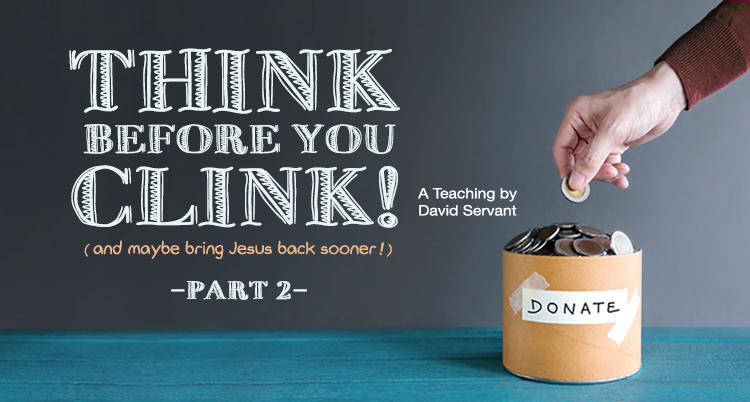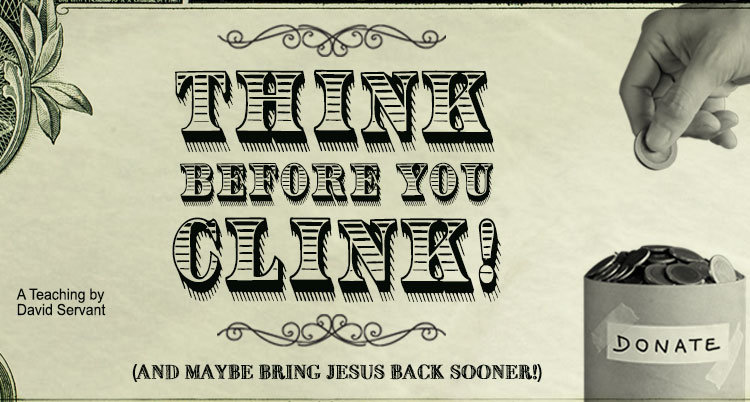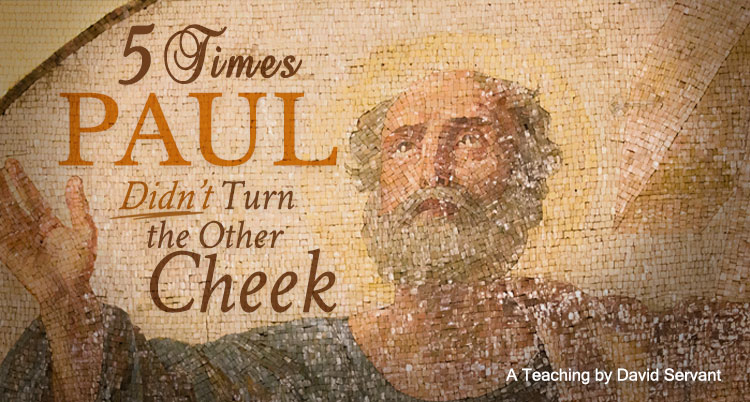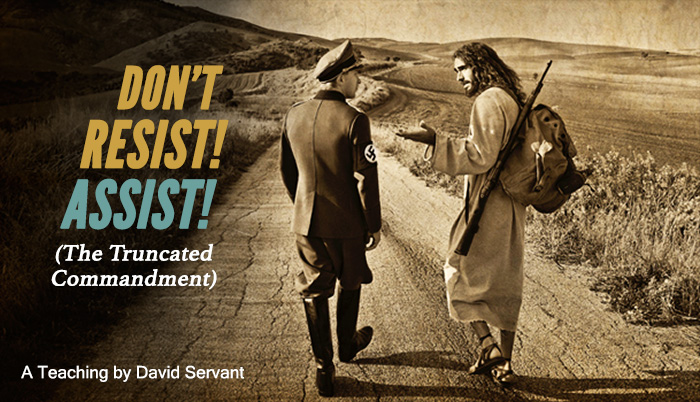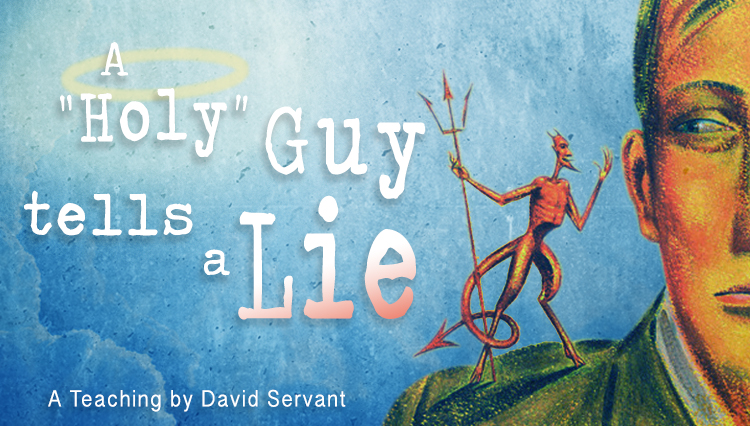The title of this article is, of course, a play on the title of the late Leonard Ravenhill’s classic book, Why Revival Tarries, in which the famous evangelist points out what needs to change in pulpits, pews and prayer closets if the church is to ever regain its God-ordained purpose in the world.
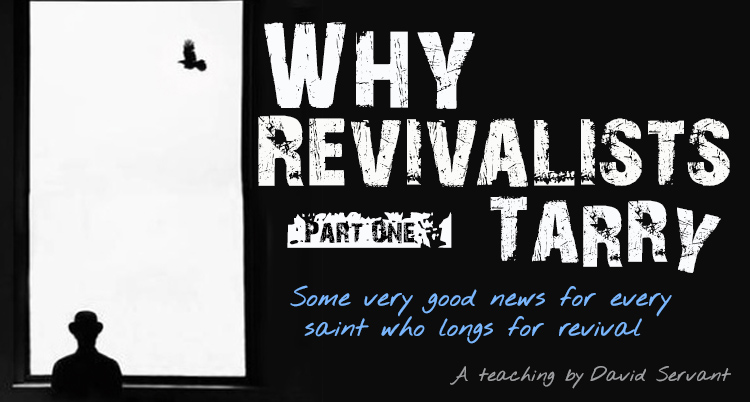
In this article, however, I’d like to speak to the Little Leonard Ravenhills out there—whether they be faithful-yet-frustrated pastors, meeting-less evangelists, friendless Facebook preachers, or lonely out-of-church Christians—who all long to see a move of God like those that have occurred many times throughout history. They are fighting discouragement and are wondering if they will ever see such a revival before they die.

